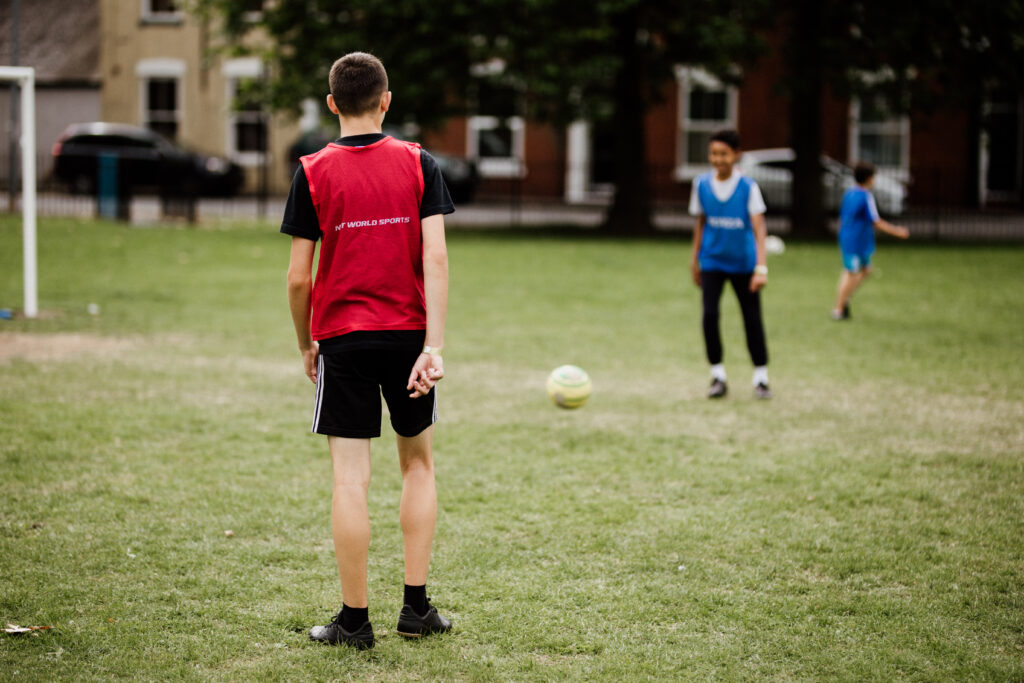
Written by Stuart Felce, UK Director, Sport and Community Safety
This month saw the conclusion of the first ever Youth Justice Sport Fund programme, designed to use sport as a way to engage at-risk young people in a way that can help to steer them away from crime and antisocial behaviour.
Launched in December of 2022, the programme delivered £5 million spread across 220 trusted community organisations around the country, along with training and support, to deliver projects that combined accessible sport and physical activity with wraparound support for young people to help them build confidence, connect with trusted mentors and develop pro-social attitudes that can set them on the right path for the long term. The fund is the first of its kind delivered by the Ministry of Justice, and has been co-ordinated by StreetGames and the Alliance of Sport for Criminal Justice, with the support of the Sport for Development Coalition.
The primary target of this intervention was what is known as the “secondary cohort” of at-risk young people aged 10-17 across England and Wales. Secondary prevention supports children and young people who could be considered to be at risk of entering the justice system due to particularly challenging circumstances or additional vulnerabilities. This includes those at risk of school exclusion, those experiencing complex safeguarding issues, and those identified by the police as being at-risk, or already being involved in anti-social behaviour, as well as a more targeted approach to young people who are at-risk as a result of the area where they live, i.e. those living in areas with high rates of youth crime or in the bottom 20% for deprivation, where children are at greater risk of being perpetrators or victims. Targeted interventions provide more intense support for young people at the most risk and, as such are necessary. They require trained, skilled staff and suitably equipped organisations to be effective.
With the first programme now drawing to a close, we’re excited to find out more over the coming months about how projects have approached the challenge and the impact it has made in local communities. But what is already clear is that some of the most at-risk young people across the country have received support that is tailored to their needs and has begun to give them the skills and mentoring they need to build a pro-social identity, recognise the control they have over their own choices and behaviours, and begin to really think about what they can achieve in the long term.
It’s a sad but undeniable fact that young people living in low income, underserved communities face real challenges and are more at risk of becoming victims or perpetrators of youth crime. Sports-based interventions can help break this cycle and provide the support and mentoring that young people need. Sport, provided in a safe, supportive environment, gives young people a sense of belonging, and exposes them to diverse, positive role models. It builds confidence, teaches new skills, and perhaps most importantly it offers these young people a safe space to go, with trusted mentors who can give them the support they need and which too many of them aren’t getting elsewhere.
As we celebrate the UN Day of Sport for Development and Peace, it is a great opportunity for us to reflect on the real difference we can make when access to sport is opened to all, and the role sport itself can play in helping young people to develop their full potential, build lasting relationships, and learn to see themselves as a part of something bigger in a way that can help them find their place in their community and their society.

